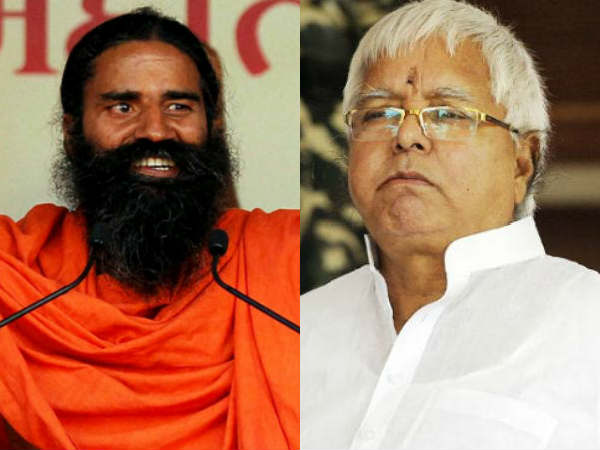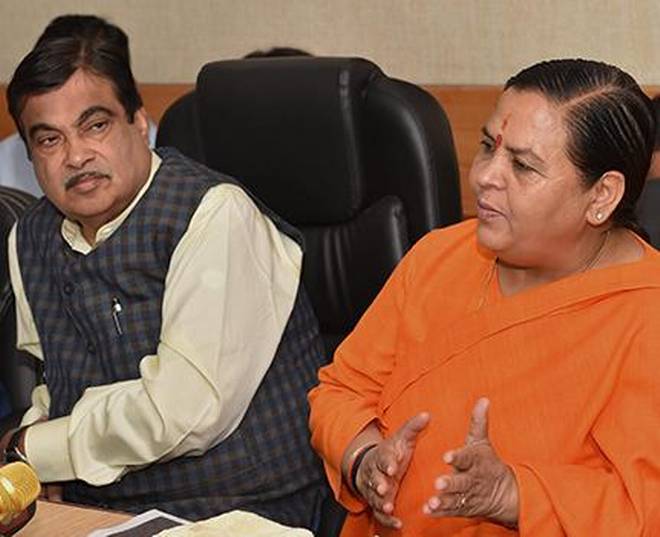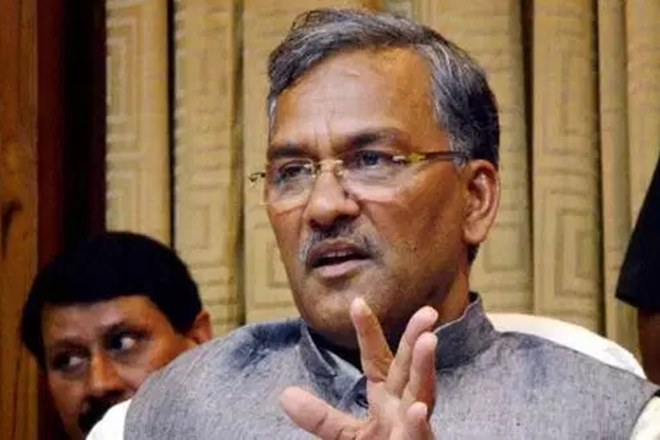Is Hinduism a way of life or just a religion? SC to re-examine today
Seven judges of the Supreme Court will start to re-examine on Tuesday the question – What is Hinduism: a way of life or a religion practised by some people in India?
In doing so, it will take a relook at its 20-year-old judgment that said Hinduism is a way of life and a state of mind, not a religion. Whatever the outcome of the latest hearing, it could have political implications because it will determine whether seeking votes in the name of Hinduism or Hindutva is illegal.
The hearing comes at a politically crucial time, just months ahead of assembly elections in five states, including the crucial Uttar Pradesh – where the Ram temple issue and Hindutva are set to play an influential role.
The case dates back to 1995, when a three-judge SC bench led by justice JS Verma overturned a Bombay high court order that scrapped the elections of nine BJP candidates because they had sought votes to create a “Hindu state”.
The SC said that “Hindutva/Hinduism is a way of life of the people in the subcontinent” and is a state of mind” – not a religion – and therefore seeking votes was not illegal under the Representation of the People Act, which outlaws poll campaigning on religious grounds.
The court declared BJP leader Manohar Joshi’s statement “First Hindu state will be established in Maharashtra” as not illegal under electoral law. “It may well be that these words (Hindutva/Hinduism) are used in the speech to promote secularism and to emphasise the way of life of the Indian people and the Indian culture or ethos,” Verma ruled.
The controversial decision created political waves and helped the BJP, which was still a fledging party at the time, establish its ideology. The saffron party repeatedly cited the top court decision in election campaigning to show that Hindutva was a way of life in the country and a promise of upholding Hindutva – one of the BJP’s key ideological stands – was not illegal.
But the verdict was strongly criticized by activists and jurists, who said Verma had erred in not reading Hinduism as a religion and not upholding a key principle enshrined in the Constitution – secularism. The decision was immediately challenged.
A year after the judgment, a three-judge bench disagreed with Verma’s decision and suggested that a five-member SC bench re-examine the case. While the five-judge bench was hearing the matter, a similar case involving BJP leader Sunderlal Patwa was came up in 2002 and it was decided that a seven-judge bench will be constituted to hear the matter. Chief Justice of India TS Thakur will head the bench.











